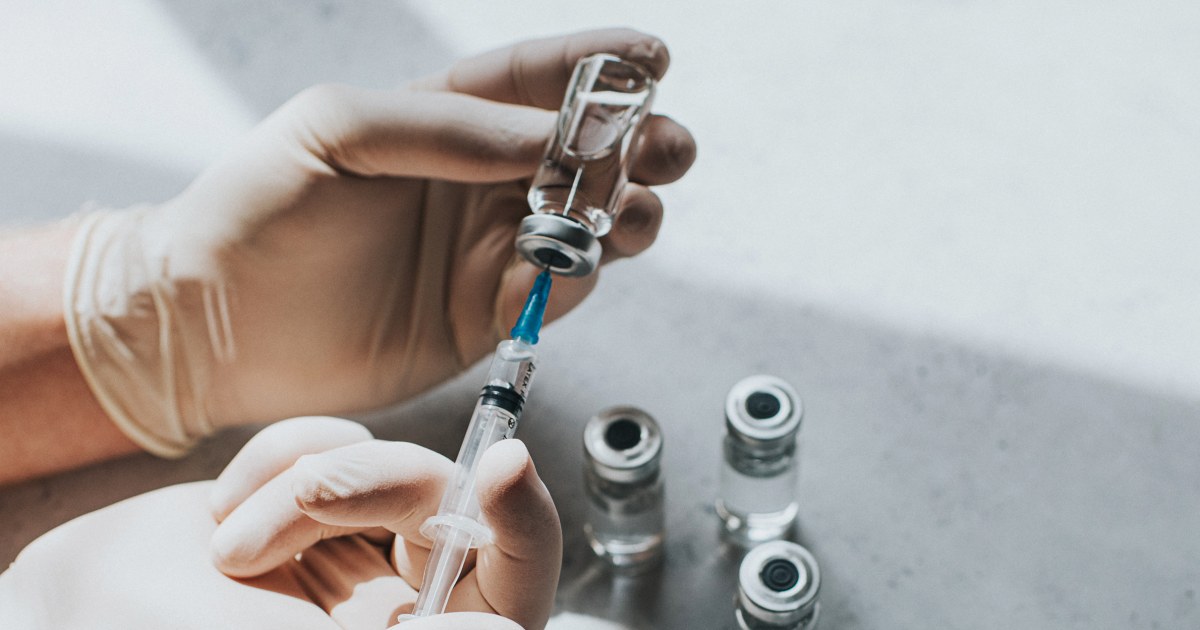This week, NCAA leaders could advance new legislation that would significantly change the permissible sports wagering landscape in college, sources tell Sports Illustrated. The last wall prohibiting college athletes, coaches and staffers from betting on professional sports could come down—though perhaps not without a fight.
Momentum has been building toward such a change for a couple of months. The NCAA Division I Board of Directors voted 21–1 in April in favor of directing the D-I Council to “adopt legislation to deregulate the prohibition on wagering on professional sports.” The council moved the proposal along in May to a formal vote, which is expected to take place Tuesday or Wednesday.
If the D-I Council approves the change, it would then need to be passed by the D-II and D-III Councils in July. However, sources tell SI that the greater resistance could come this week from members of the 35-person D-I Council, which consists of administrators from a broad swath of campuses and conferences.
“It’s been hotly debated,” says one source familiar with the discussions. “This is not a slam dunk.”
Currently, NCAA athletes and staff members are prohibited from wagering on professional sports that also are sponsored by the NCAA. That includes football, basketball, hockey, baseball, golf and tennis. Even if the legislation is approved and pro sports wagering is allowed, NCAA athletes would still not be permitted to bet on college sports.
Campus compliance staffs and the NCAA national office have been bogged down dealing with relatively small-scale betting violations on NFL, NBA and Major League Baseball across a landscape in which sports wagering is now legal in 39 states and commonplace among college students.
The NCAA reviewed and altered its gambling penalties two years ago, creating a sliding scale for suspensions for impermissible wagering based on the amounts being bet. And after Iowa and Iowa State athletes were caught up in a sports wagering sting operation of sorts in 2023, D-I conference commissioners asked the NCAA to compare its gambling policies with those of U.S. professional leagues and national governing bodies in Olympic sports.
The NCAA policies were more restrictive, which led to discussions about whether that should be the case. Those wishing to remove the ban on pro sports wagering have emphasized that education on problem gambling should be prioritized over penalizing athletes.
Toward that end, campus athletic mental-health practitioners have been given more information to treat problem gambling in a manner similar to other addictive behaviors. The hope is that gambling addicts would be more willing to admit a wagering problem and seek help if they weren’t afraid of losing eligibility for betting on pro sports.
“One of the big things that’s not really being tracked is gambling as a mental-health issue,” one source says. “We should be helping people instead of whacking them with ineligibility.”
However, resistance remains from those who are concerned about gambling on pro sports being a gateway to gambling on college sports—including athletes betting on their own sports and teams. There is a school of thought that more permissible athlete gambling simply creates more problems, not fewer.
If the rule change is approved, it would signal that the NCAA and its member schools are pulling back to focus on policing wagering that more directly threatens the college athletics product. That starts with integrity—point shaving, game fixing or manipulating individual performances—and extends to pressure and criticism aimed at athletes who cost gamblers money.
Federal and NCAA investigations remain ongoing regarding game fixing in men’s college basketball. The arrest of several men in connection with former NBA player Jontay Porter manipulating his performances last year widened into a probe of multiple college games and teams, and at least one other NBA player. Although little news has come out on that front in recent weeks, sources tell SI that inquiries by both the feds and NCAA enforcement remain active. Several D-I men’s basketball teams suspended or dismissed players during the 2024–25 season in what sources say were disciplinary actions related to either betting on college games (including their own) or manipulating their performances for wagering purposes.
NCAA president Charlie Baker has been outspoken about wanting to curtail online abuse of college athletes from gamblers who lost money on their performances. The NCAA aired advertisements starting in March aimed at the problem. Study results released by the NCAA in June showed a reduction in online abuse during the 2025 NCAA men’s and women’s basketball tournaments.







 English (US) ·
English (US) ·